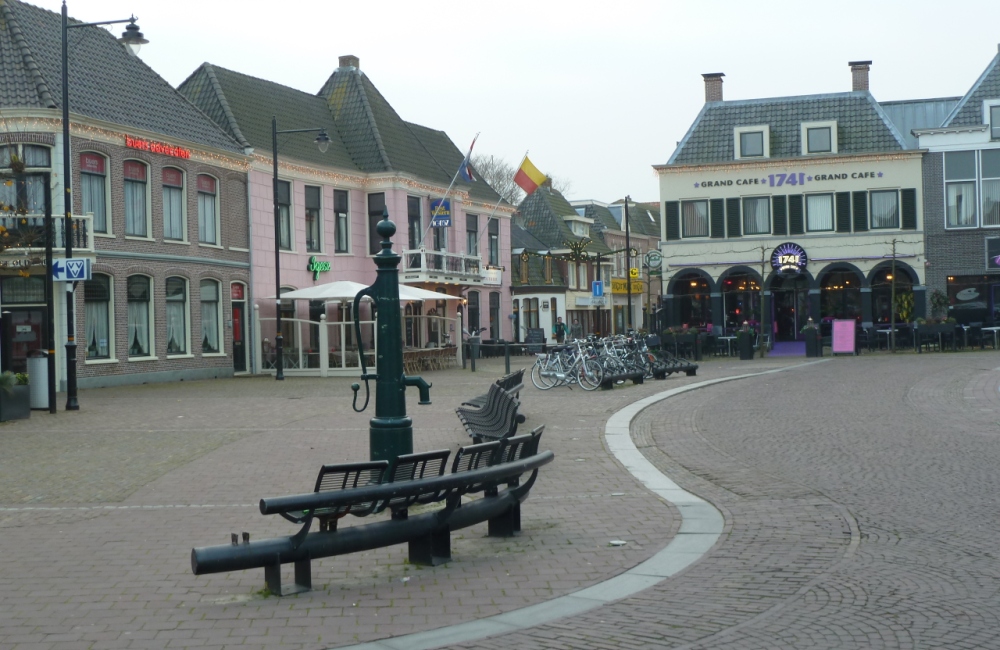‘Happiness’ guides the local policies in the municipality of Schagen. “Everything we do should contribute to the happiness of citizens, organisations and businesses in our community,” says vice-mayor Van Dijk. “To receive funding from the municipal budget, politicians and staff should justify how their proposals increase the happiness of citizens.”
Participation is key to find out what makes citizens happier. The municipality of Schagen, therefore, asks citizens questions like “what can be better?” and “how can we do things differently?”. By asking citizens for their opinion, it became clear that the most important factors influencing citizens’ happiness were: work, social contacts, proud of my community, trust in my government.
“My decisions used to be based on what I thought to be best for the community, but since we’ve introduced the happiness-approach, I became a much better listener!”
Steven Van Dijk, Vice-mayor for Finance and Happiness
The information collected from the community now guides the decisions made by the municipal council, which in the end leads to more support for local policies.
Further Reading
From the Oxford Poverty and Human Development Initiative: The phrase ‘gross national happiness’ was first coined by the 4th King of Bhutan, King Jigme Singye Wangchuck, in 1972 when he declared, “Gross National Happiness is more important than Gross Domestic Product.” The concept implies that sustainable development should take a holistic approach towards notions of progress and give equal importance to non-economic aspects of wellbeing. Continue reading

